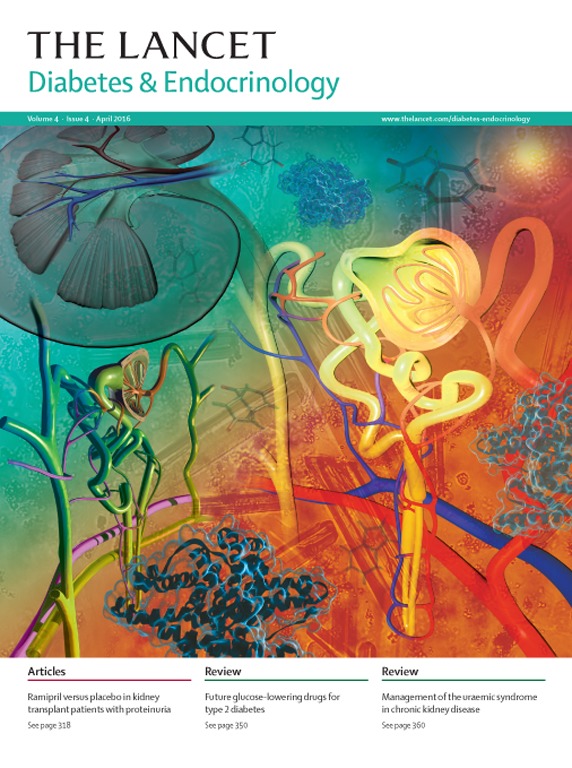 Six months ago, the media was ablaze with the findings of a new paper, showing that nearly six percent of cancer cases are caused, at least in part, by obesity and diabetes. But this week, the journal retracted that paper — and replaced it with a revised version.
Six months ago, the media was ablaze with the findings of a new paper, showing that nearly six percent of cancer cases are caused, at least in part, by obesity and diabetes. But this week, the journal retracted that paper — and replaced it with a revised version.
The new paper doesn’t change the main findings much — the share of all cancers attributable to diabetes and obesity changed from 5.6% to 5.7%, which wouldn’t change any headlines about the original paper. But soon after the paper was published, a group of researchers noticed the authors’ mistake — which was significant enough to prompt the journal to retract the paper entirely, and swap it with a new one.
According to first author Jonathan Pearson-Stuttard at Imperial College London:
The results are virtually identical…
The paper, when it was first published online November 28, earned significant press coverage — including the New York Times, and the Independent. The media coverage was even analyzed by UK’s NHS Choices, the biggest health website in the UK.
According to the notice posted by Lancet Diabetes & Endocrinology, the authors informed the journal in January — less than two months after the paper was published online — that they had inadvertently used the relative risk for mortality from colorectal cancer associated with diabetes from one of their sources, rather than the relative risk for incidence — meaning, the risk of getting the cancer, compared to someone without diabetes. Pearson-Stuttard explained that the error was made during data entry, when someone entered the relative risk for mortality (20%) instead of the relative risk for incidence (27%).
This error, although seemingly small, affected multiple data points — enough that the journal determined the paper should be retracted. Since it knew about the problems in January, we asked the editor of the journal if it considered flagging the paper then, instead of waiting for the retraction to be final, but haven’t heard back.
According to Pearson-Stuttard:
Any figure that summed up all cancers attributable to diabetes and high [body mass index] was affected but the changes are not visually distinguishable unless you know exactly where to look…As soon as the error was raised, we worked expediently with the journal to correct the error, check the rest of the paper and publish the corrected version as soon as possible and transparently.
The article from which the authors extracted the incorrect value is a 2015 BMJ paper that reviewed the strength of the evidence linking type 2 diabetes to the risk of cancer. We spoke with the last author of that paper, John Ioannidis at Stanford, who has done extensive work in the field of reproducibility and research quality, including meta-analyses and evidence-based medicine. He told us he had been unaware of the error:
In all, the error that they made was very small in terms of the calculations involved, 5.7 is not really different from 5.6. However, I have to admit that when I read both the retracted and the replaced paper I find the conclusion very misleading. 5.6 or 5.7 percent is not “substantial” as they claim. Moreover our paper focused on a strong message of large uncertainty and potential bias in these estimates. The true value thus may be zero percent or, less likely, 10 percent. This was entirely missed and it is the key message.
Pearson-Stuttard replied:
Epidemiological studies, and estimates from these studies are indeed always subject to a level of uncertainty. A strength of our paper is that we have incorporated and quantified all quantifiable sources of uncertainty, included these in our uncertainty analyses and discusses the uncertainties that are not quantifiable.
The 2017 version of “Worldwide burden of cancer attributable to diabetes and high body-mass index: a comparative risk assessment” has been cited twice, according to Clarivate Analytics’ Web of Science.
Hat tip: Rolf Degen
Like Retraction Watch? You can make a tax-deductible contribution to support our growth, follow us on Twitter, like us on Facebook, add us to your RSS reader, sign up for an email every time there’s a new post (look for the “follow” button at the lower right part of your screen), or subscribe to our daily digest. If you find a retraction that’s not in our database, you can let us know here. For comments or feedback, email us at [email protected].